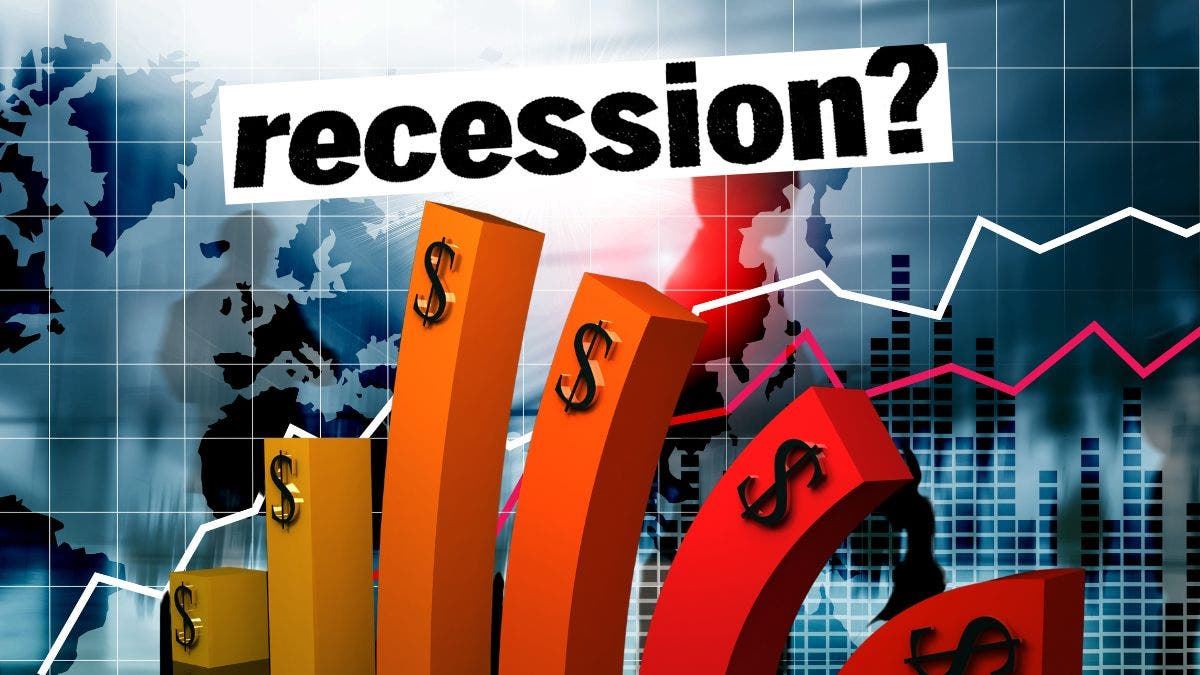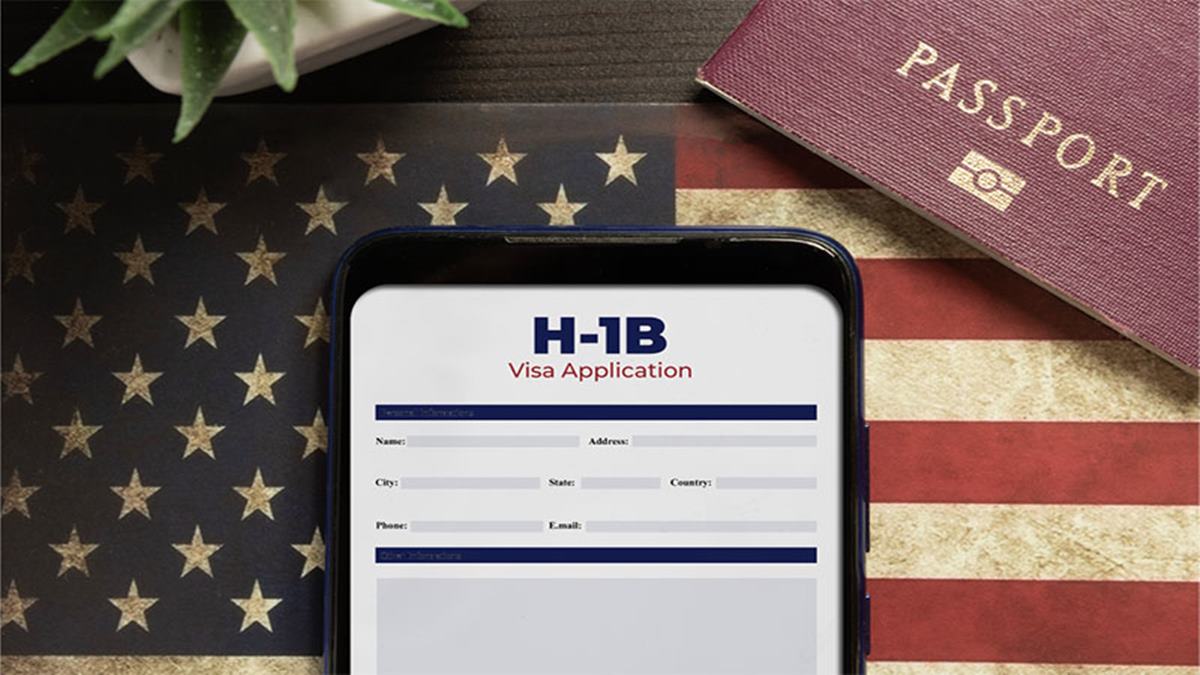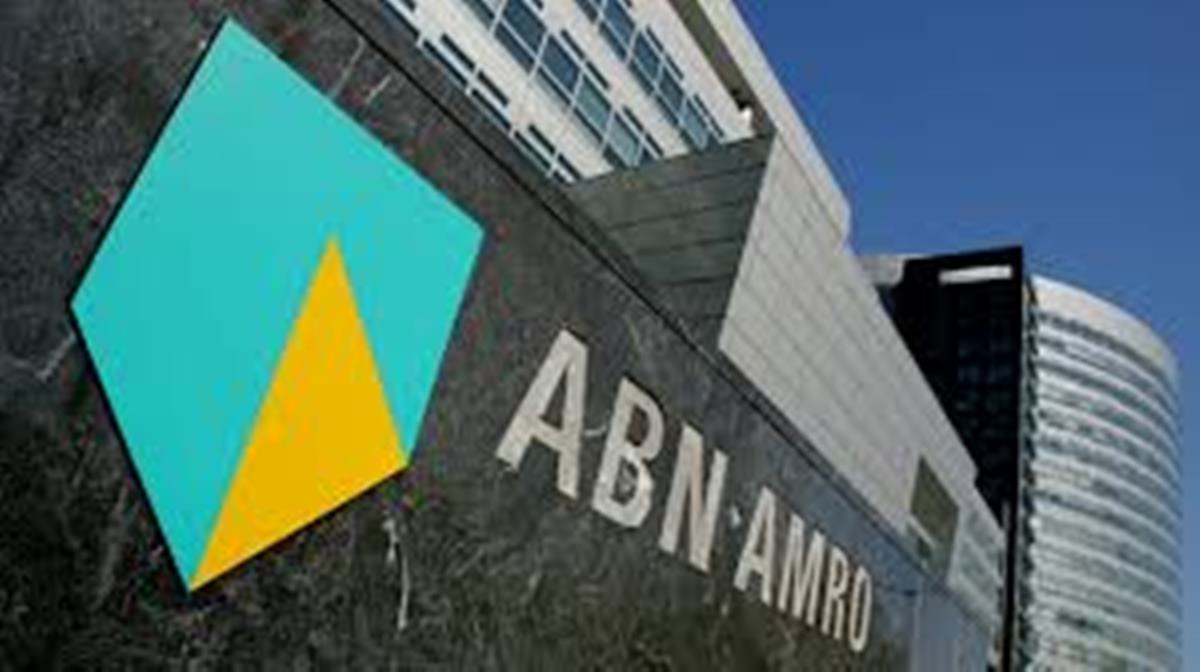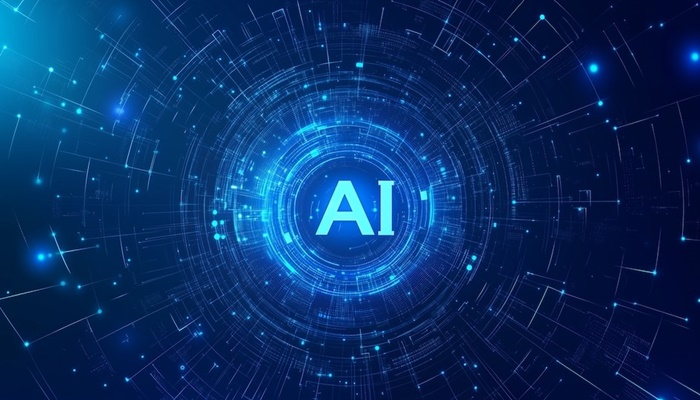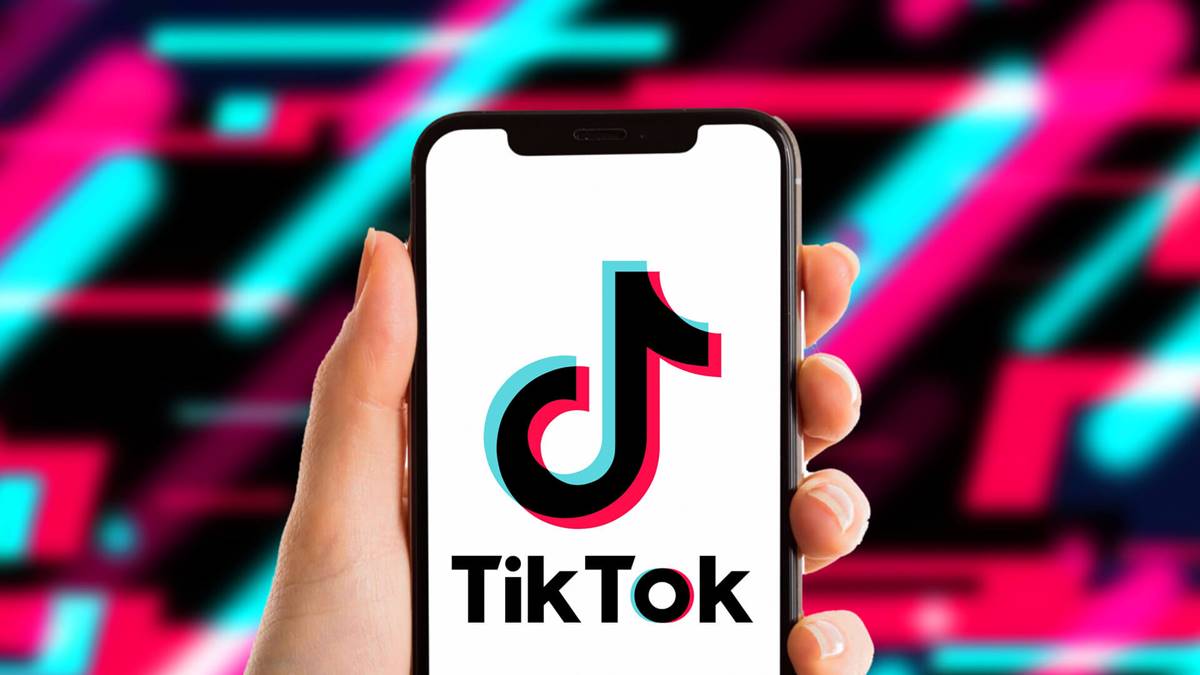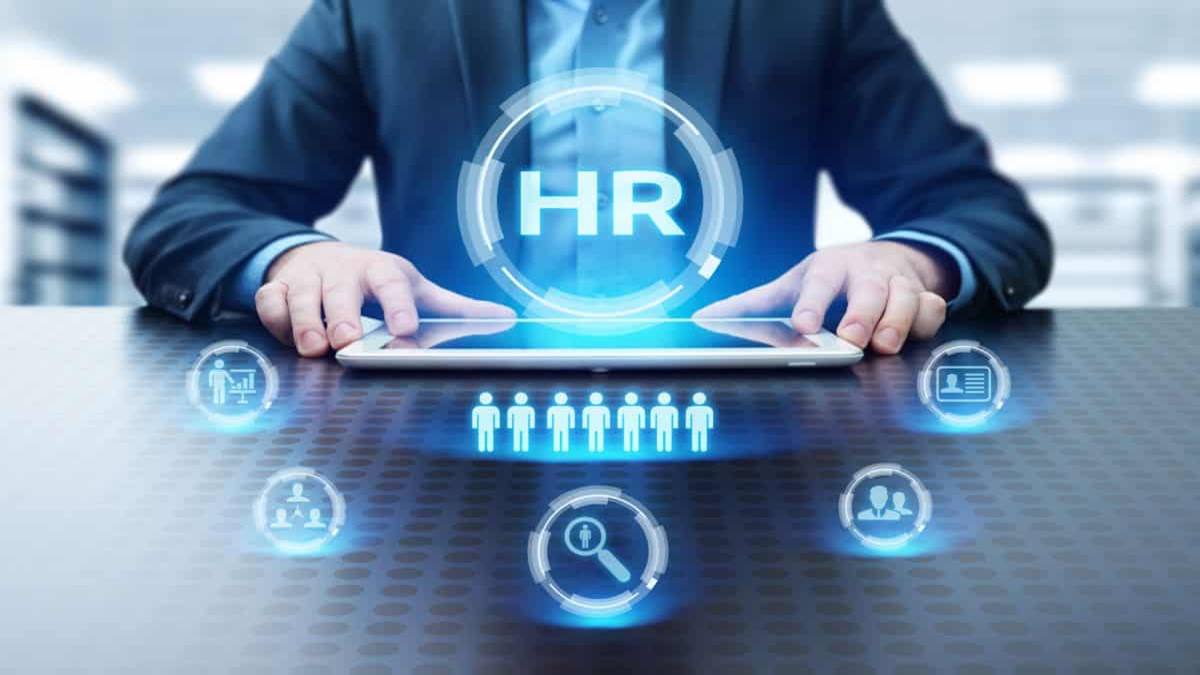The workplace has changed dramatically in the last five years. From the rise of remote work and hybrid models to the increasing importance of employee well-being, engagement, and retention, organizations are realizing that employee experience (EX) is not just an HR initiative—it’s a business strategy.
Enter Employee Experience Platforms (EXP)—the next big investment in HR Tech. These platforms are transforming how organizations design, manage, and optimize every touchpoint of the employee journey, from onboarding to career development.
What Are Employee Experience Platforms?
An Employee Experience Platform (EXP) is an integrated technology solution that brings together tools for:
- Onboarding & Learning
- Performance & Feedback
- Internal Communication & Collaboration
- Engagement & Recognition
- Well-being & Inclusion
Instead of employees juggling multiple systems (HRMS, LMS, collaboration apps, intranet portals), an EXP unifies everything into a single, seamless ecosystem that prioritizes the employee’s journey.
Why Employee Experience Platforms Are the Future of HR Tech
1. Talent Retention in a Competitive Market
According to Gartner, companies with strong EX see 3x higher employee retention. With attrition rates high in 2025, EXPs help organizations retain top talent by improving satisfaction and engagement.
2. Personalization at Scale
Just like customer experience, employees now expect personalized workplace experiences. EXPs leverage AI and analytics to provide personalized learning, career pathing, and even wellness recommendations.
3. Integration of AI & Automation
Modern EXPs integrate with AI-powered chatbots for instant HR support, automated surveys for feedback, and predictive analytics for attrition risks—helping HR leaders make data-driven decisions.
4. Hybrid Work Enablement
In 2025, hybrid work is the norm. EXPs provide a digital-first workplace where employees can collaborate, connect, and stay engaged no matter where they work.
5. Culture & Well-being as Business Priorities
Organizations are investing in employee well-being tools within EXPs—covering mental health, DEI (Diversity, Equity & Inclusion), and recognition programs—to strengthen company culture.
Key Features of Leading Employee Experience Platforms
- Unified Dashboard – One hub for all employee needs.
- AI-Powered Insights – Analytics to measure engagement, productivity, and sentiment.
- Collaboration Tools – Chat, video, and project management integrated into workflows.
- Learning & Development (L&D) – Personalized training paths, microlearning modules.
- Recognition & Rewards – Peer-to-peer appreciation, gamification, points-based systems.
- Well-being Programs – Mental health apps, wellness challenges, meditation tools.
- Feedback Systems – Always-on surveys, 360-degree feedback, pulse checks.
Top Employee Experience Platforms in 2025
- Microsoft Viva – Integrates directly into Microsoft Teams to unify communication, learning, and insights.
- Workday Peakon – Real-time employee engagement and feedback system.
- ServiceNow Employee Center – Simplifies HR services with automation.
- Qualtrics XM – Industry-leading employee experience analytics.
- SuccessFactors (SAP) – End-to-end HR suite with EX features.
- CultureAmp – Employee feedback, analytics, and L&D integration.
ROI: Why Companies Are Investing in EXPs
Investing in EXPs pays off in multiple ways:
- Lower Attrition Costs: Reducing turnover saves millions annually.
- Higher Productivity: Engaged employees perform 20–25% better.
- Better Employer Branding: Companies with strong EX attract top candidates.
- Data-Driven HR: Actionable insights improve decision-making.
In fact, Deloitte predicts that 70% of large enterprises will adopt EXPs by 2026 to improve retention and engagement.
Challenges in Implementing EXPs
- Integration Complexity – Merging with existing HR systems.
- Change Management – Training employees to adopt new tools.
- Data Privacy – Ensuring secure handling of employee data.
- Cost Justification – Demonstrating ROI to leadership teams.
However, with the right partner and phased rollout, these challenges can be overcome.
The Future of Employee Experience Platforms
In the coming years, EXPs will evolve into hyper-personalized ecosystems powered by AI, predictive analytics, and automation. We’ll see:
- Voice & Conversational AI – For real-time employee queries.
- Sentiment Analysis – Tracking employee emotions through digital interactions.
- Metaverse-Style Collaboration – Virtual office experiences for remote teams.
- Predictive Retention Models – AI alerts before an employee decides to leave.
EXPs will no longer be a “nice-to-have”—they’ll be essential for competing in the talent market.
Conclusion: The Next Big HR Tech Investment
Employee Experience Platforms are the new frontier in HR Tech, helping companies bridge the gap between employees and organizations. By combining technology, culture, and analytics, EXPs enable businesses to create workplaces where employees thrive.
For HR leaders, the message is clear: The future of HR Tech is not just about managing employees—it’s about empowering them with experiences that matter.
Source – https://itmunch.com/employee-experience-platforms-hr-tech-2025/





